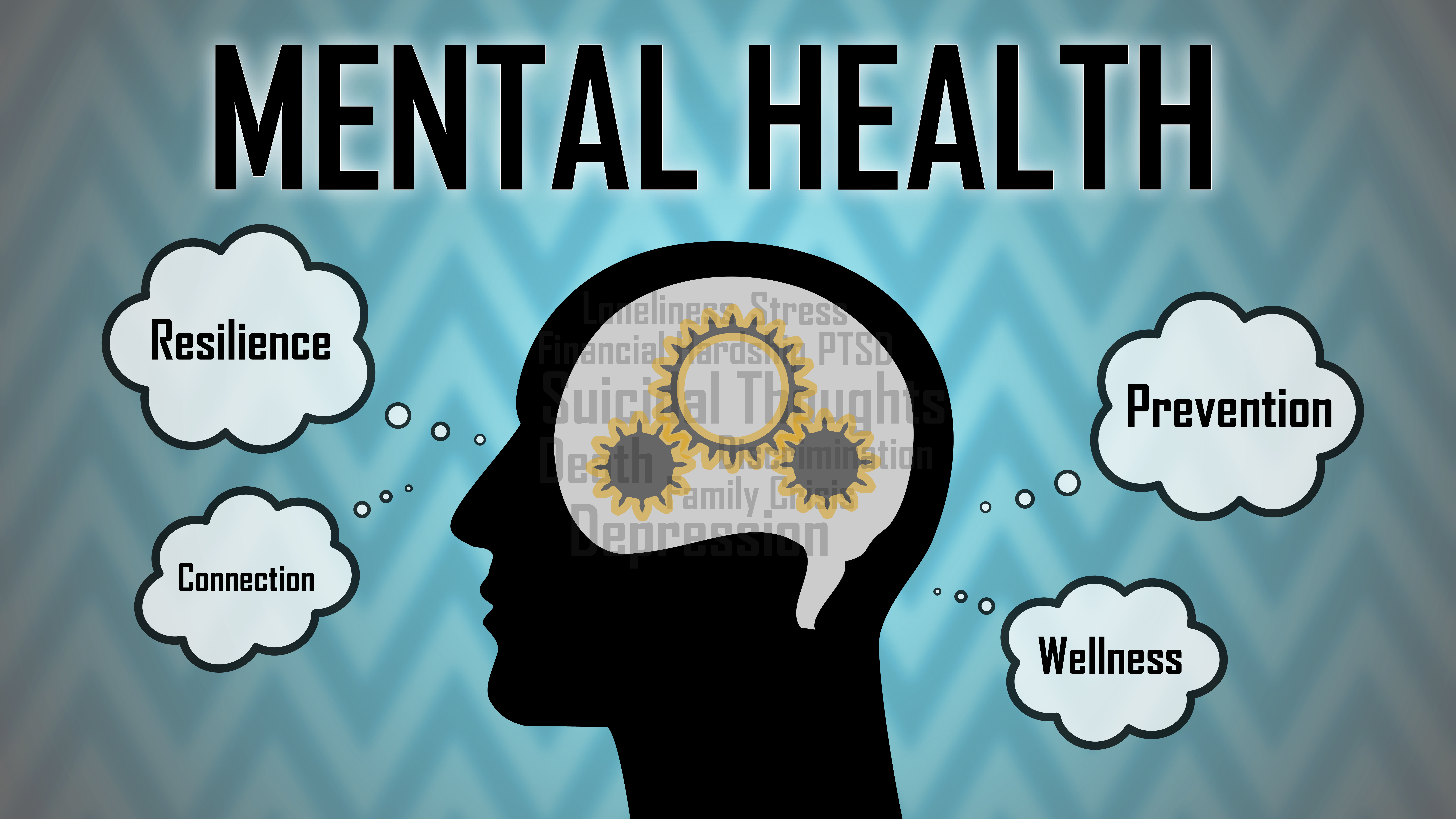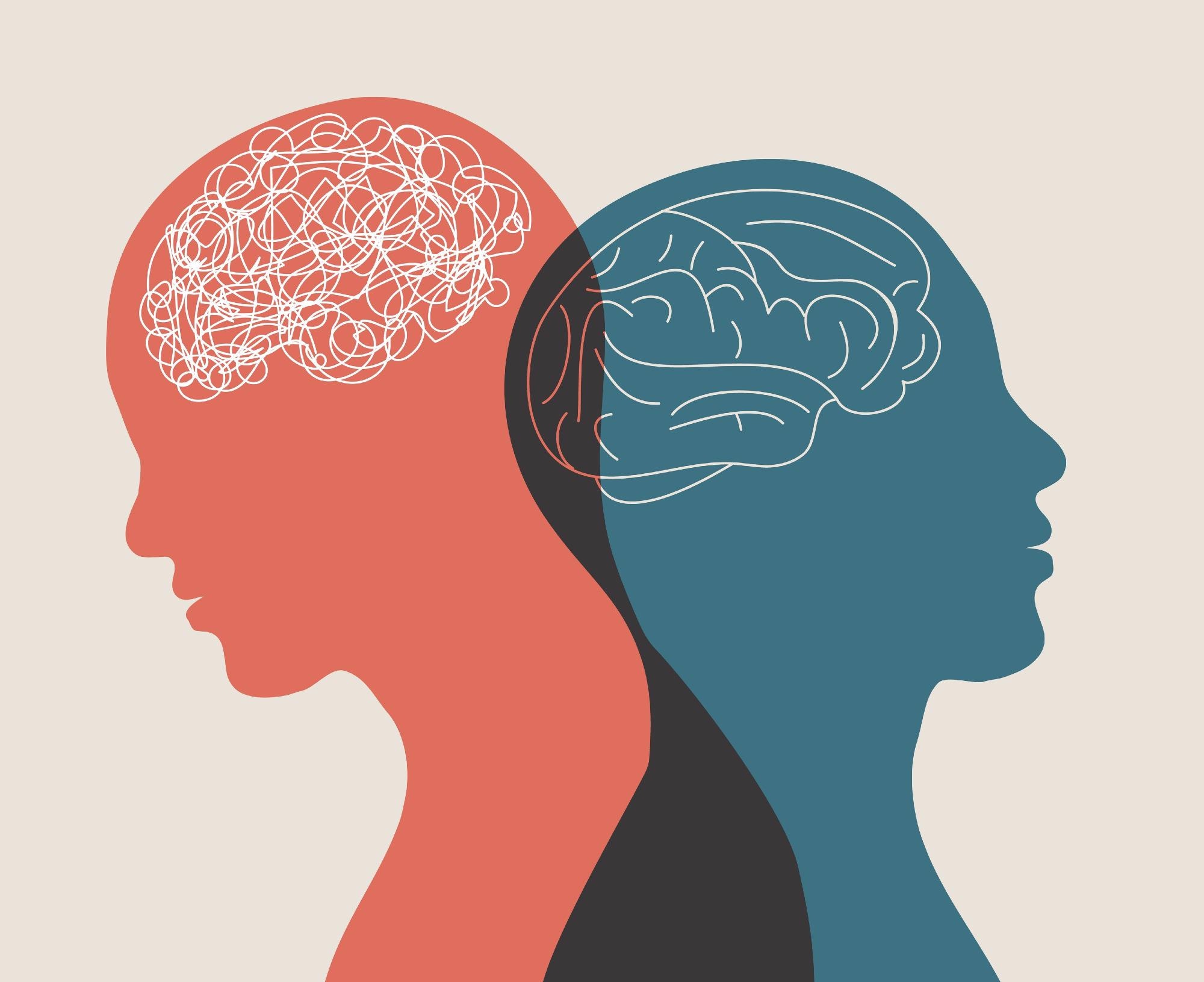Exploring the Link In Between Nourishment and Mental Health And Wellness Improvement
The implications of our dietary options on psychological well-being have actually been increasingly acknowledged by wellness professionals and researchers alike. As we navigate the facility landscape of modern way of lives, uncovering the nuanced connection between nourishment and psychological health improvement may hold the key to unlocking a deeper understanding of our emotional and cognitive strength.
Effect of Food on State Of Mind
The connection in between dietary selections and mood policy is an essential facet of recognizing the effect of food on psychological well-being. Study has actually shown that certain foods can affect neurotransmitter activity, affecting mood and psychological states. For instance, foods abundant in omega-3 fatty acids, such as fatty fish, walnuts, and flaxseeds, have been linked to lower prices of depression and boosted state of mind law.
Furthermore, complicated carbohydrates found in whole grains, fruits, and vegetables can help regulate blood glucose levels, which consequently can have a favorable influence on state of mind stability. On the other hand, diets high in refined foods, sugar, and hydrogenated fats have been related to a raised risk of clinical depression and mood disorders.
Moreover, the gut-brain link plays a substantial function in mood law. The digestive tract microbiome, influenced by the foods we consume, can connect with the brain through the gut-brain axis, influencing state of mind, anxiety levels, and overall mental well-being. Making conscious and healthy dietary selections is vital for preserving a healthy and well balanced mood.

Essential Nutrients for Stress And Anxiety

In addition, the amino acid tryptophan, discovered in foods like turkey, eggs, and nuts, is a forerunner to serotonin production, a natural chemical understood for its duty in promoting sensations of calmness and health. Vitamin B complex, specifically B6 and B12, are likewise essential for keeping a healthy and balanced nerves and might help in reducing stress and anxiety signs and symptoms.
Integrating these important nutrients into a healthy diet can have a favorable effect on taking care of stress and anxiety and boosting total psychological health.
Dietary Approaches for Clinical Depression

One dietary technique for managing clinical depression is concentrating on foods rich in omega-3 fats, such as fatty fish, flaxseeds, and walnuts. Omega-3 fats have actually been linked to reducing swelling in the brain and improving natural chemical function, which can favorably influence mood. Additionally, raising the usage of fruits, vegetables, entire grains, and lean proteins while reducing the consumption of processed sugars and foods may aid in relieving depressive signs and symptoms.
In addition, preserving adequate degrees of vitamin D, either through sunshine exposure or supplementation, is important for sustaining mental wellness. Vitamin D deficiency has actually been connected with a boosted risk of clinical depression, making it important to ensure adequate consumption of this nutrient. By integrating these nutritional techniques, people may properly complement typical treatments for clinical depression and enhance their total wellness.
Gut-Brain Axis and Mental Wellness
Focusing on the detailed connection between the gastrointestinal system and psychological health, the Gut-Brain Axis plays a crucial click to read function in affecting cognitive features and emotional well-being. The Gut-Brain Axis is a bidirectional interaction network between the main nerve system and the enteric nerve system, connecting the emotional and cognitive centers of the mind with outer digestive tract features. This axis is regulated by a detailed interplay of neural, immune, endocrine, and metabolic pathways.
Research study recommends that the make-up of gut microbiota, the diverse neighborhood of microbes staying in the gastrointestinal tract, can have a profound effect on psychological wellness. Inequalities in gut microbiota, known as dysbiosis, have been related to problems such as clinical depression, anxiousness, and also neurodegenerative illness. In addition, the intestine microbiota plays an important function in the production of neurotransmitters like serotonin, which is vital for controling mood and emotional reactions.
Preserving a healthy digestive tract microbiota through a balanced diet regimen abundant in fiber, fermented foods, and probiotics is vital for supporting mental health (Mental Health Services). Strategies intended at enhancing the Gut-Brain Axis provide promising avenues for enhancing psychological wellness and cognitive function
Nutrition's Duty in Cognitive Feature
Offered the substantial impact of the Gut-Brain Axis on psychological health, recognizing just how nutrition impacts cognitive feature becomes critical in promoting total wellness. Nutrition plays an essential duty in cognitive feature by offering important nutrients that support brain wellness and ideal performance.
Key nutrients such as omega-3 fatty acids, minerals, anti-oxidants, and vitamins are known to enhance cognitive abilities, including memory, focus, More Help and analytical abilities. Omega-3 fats, found in fatty fish like salmon and nuts, have actually been connected to improved memory and cognitive function. Anti-oxidants, abundant in vegetables and fruits, assistance protect brain cells from damages caused by cost-free radicals, thus maintaining cognitive function.
Additionally, a well balanced diet plan abundant in entire grains, lean proteins, fruits, and vegetables can favorably influence cognitive feature by supporting blood sugar degrees and offering continual energy to the mind. Conversely, diets high in processed foods, saturated fats, and sugars have been related to cognitive decrease and damaged mind function. Consequently, making informed dietary options is necessary for keeping optimum cognitive function and overall mental well-being.
Conclusion
To conclude, the relationship between nourishment and mental wellness is intricate and diverse. The effect of food on mood, vital nutrients for stress and anxiety, dietary techniques for depression, the gut-brain axis, and nutrition's duty in cognitive feature all play crucial roles in psychological health. Recognizing the link between nutrition and mental wellness renovation is crucial for advertising general wellness and dealing with mental wellness problems. Additional research study and awareness in this field are essential for progressing treatments and therapies.
The ramifications of our dietary options on psychological wellness have actually been increasingly identified by health specialists and scientists alike. As we browse the complex landscape of contemporary lifestyles, discovering the nuanced partnership between nourishment and psychological health enhancement might hold the key to opening a deeper understanding of our cognitive and psychological durability.
Structure upon the important nutrients that sustain psychological health, particularly in taking care of anxiety conditions, the emphasis currently shifts towards checking out nutritional techniques for attending to clinical depression.Focusing on the elaborate link in between the gastrointestinal system and mental wellness, view the Gut-Brain Axis plays a pivotal role in influencing cognitive features and psychological health (Mental Health Services). Understanding the connection between nutrition and mental health and wellness enhancement is essential for promoting overall wellness and dealing with mental health and wellness problems